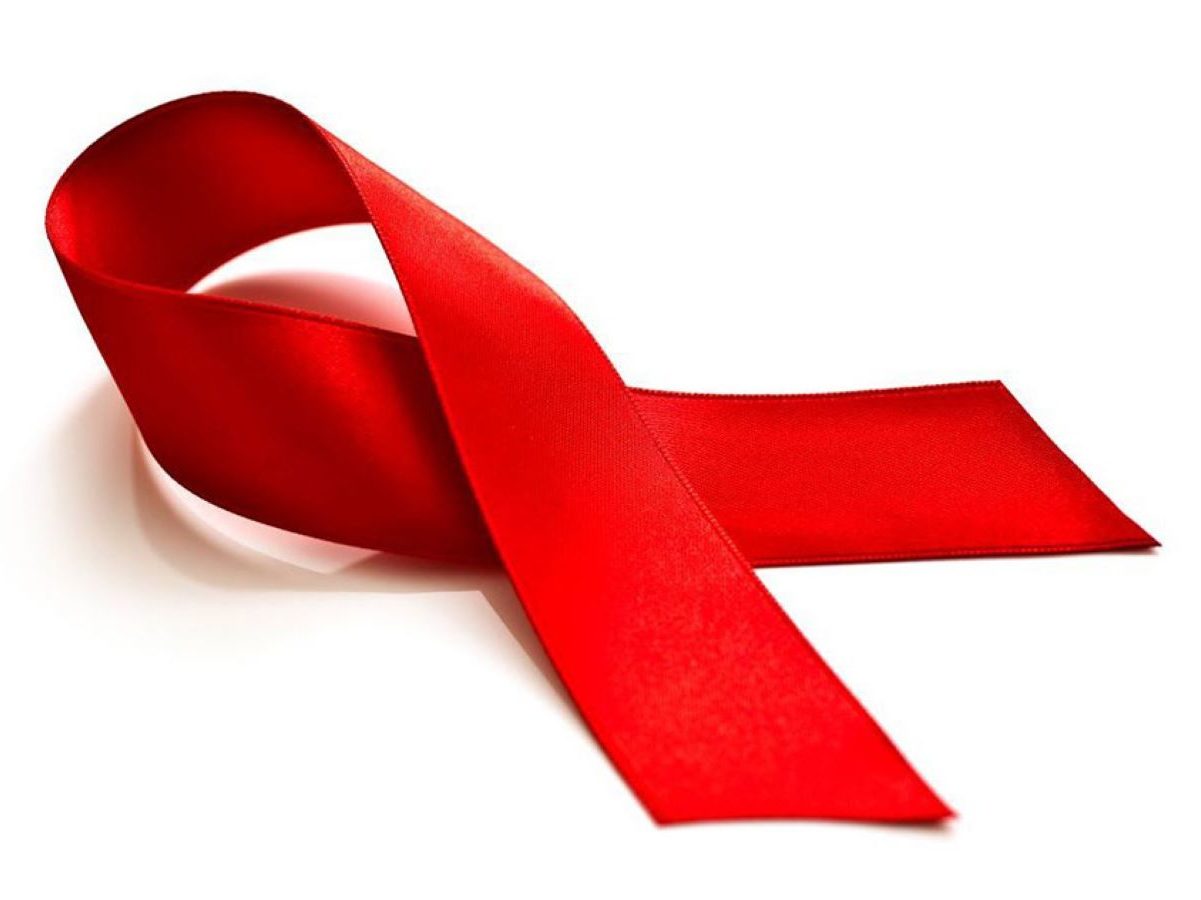Stigma and discrimination against people living with HIV and those most vulnerable to HIV, including members of key population and priority population groups, remains widespread and significantly undermines global efforts to provide optimal HIV services and achieve HIV epidemic control. Given PEPFAR’s global reach and influence in HIV programming, efforts to eliminate HIV-related stigma and discrimination in PEPFAR-supported programs are essential for reaching the UNAIDS targets. However, activities, practices, and interventions to eliminate stigma and discrimination within PEPFAR-supported programs have not been well documented. Furthermore, evidence on the effectiveness of stigma and discrimination interventions is often lacking.
This assessment was conducted to better understand and document anti-stigma and discrimination efforts within PEPFAR-supported programs. ICAP at Columbia University, in collaboration with the U.S. Centers for Disease Control and Prevention (CDC), U.S. Department of Defense (DoD), Health Resources and Services Administration (HRSA), Peace Corps (PC), and U.S. Agency for International Development (USAID), developed and administered an online programmatic assessment. The assessment was completed by key informants representing PEPFAR-funded implementers, which included implementing partner organizations supported by CDC, DoD, HRSA or USAID, as well as PC posts who implement HIV-related activities. Implementers were asked to report on stigma and discrimination reduction activities that they directly support, general practices that occur within the entities that they support and perceptions of stigma and discrimination in their supported settings. In addition, implementers were asked about evaluation evidence and to describe successful interventions. This report presents key findings from this assessment, as well as a selection of case studies to highlight promising interventions.




